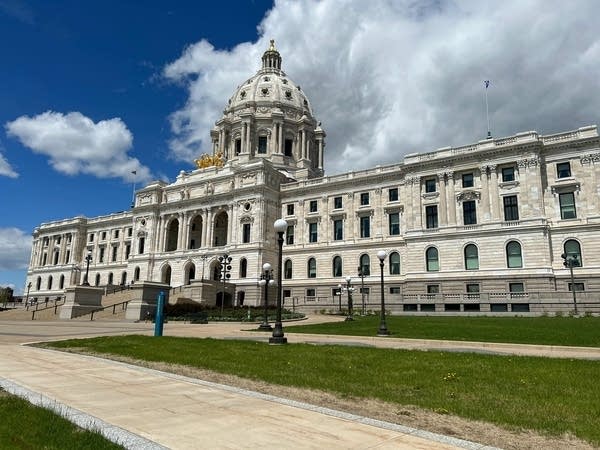Special session talks at 'impasse'

Chances for a special legislative session to divide up Minnesota’s budget surplus went from slim to none late Thursday.
Brian Bakst | MPR News file
Go Deeper.
Create an account or log in to save stories.
Like this?
Thanks for liking this story! We have added it to a list of your favorite stories.


